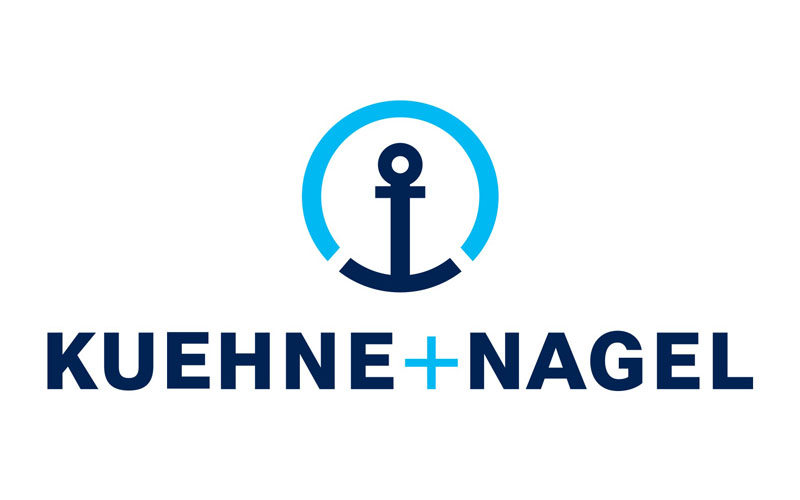Since the opening of the domestic A-share markets to foreign institutional investors in 2006, there has been a surge in foreign ownership of the shares and a rise in foreign analysts following Chinese domestically listed firms. Subsequently, a number of international banks have set up local offices of their brokerage houses in mainland China and Hong Kong.
However, Prof. Zhang believes local analysts with knowledge of China’s political institutions are likely to have an advantage over foreign analysts when preparing forecasts.
Senior executives of local brokerages are often embedded in China’s local political networks, and expect their analysts to develop human capital — a measure of the economic value of an employee’s skill set — in these networks for financial analyses.
In contrast, foreign brokerages and, in particular their senior executives, are unlikely to possess such deep institutional knowledge or political networks in China.
All 10 foreign brokerages in his study were either headed by non-mainland-Chinese or managed by a mostly non-mainland-Chinese team.
High Cost of Human Capital Investment
A brokerage firm’s decision to adopt local practices, rather than a global approach is likely to be dependent on its human resources practices and the political knowledge, private networks and past experience of its senior analysts and executives.
For global brokerage firms, it is costly for senior management that serve multiple markets to make such firm- or location-specific investment in human capital.
For the study, the researchers used a total of 196,245 analyst reports written in Chinese including about 2,703 domestically listed Chinese firms from 2010 to 2015, compiled by a Chinese company, Today’s Investment.














Comment